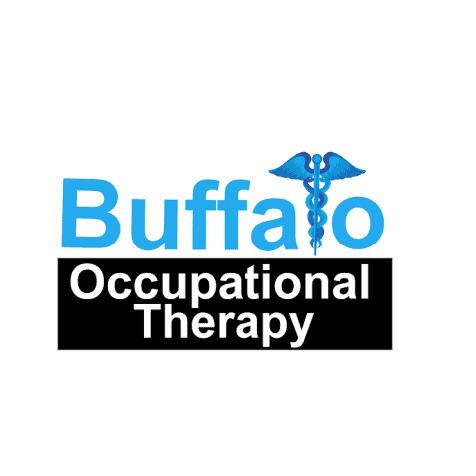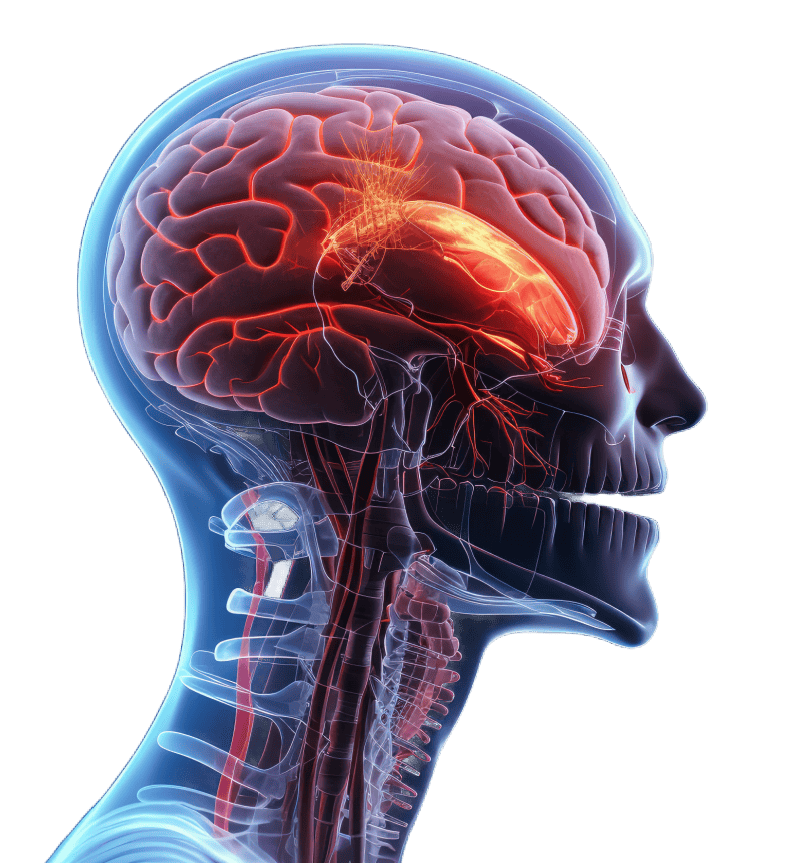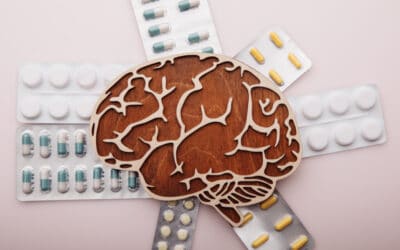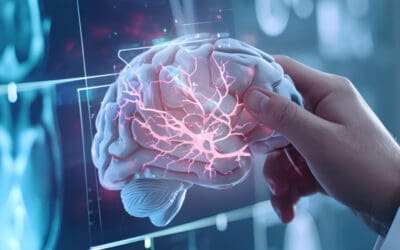Traumatic Brain Injury Services
Traumatic Brain Injury include concussion and mild, moderate, and severe injuries to the brain. Many of these injuries require evaluation and long-term management.
Title

Childhood Concussion and TBI
Traumatic brain injuries (TBI) in kids is very important because they can affect how the brain grows, how they learn, and how they interact with others. Getting help early and having the right therapies can make a big difference in their recovery and daily lives.
Middle and High School Years
Traumatic brain injuries (TBI) in teens, especially those in sports like football and gymnastics, are serious because they can affect brain growth and learning. These injuries can impact their ability to cope with life changes, manage more responsibility, and adapt college or work-life.
Middle Adulthood
For adults, traumatic brain injuries (TBI) can disrupt careers, family life, and social relationships. Managing a TBI during these years is crucial as it affects not only personal health but also the ability to fulfill work and family responsibilities.

Older Adulthood
In older adults, traumatic brain injuries (TBI) are particularly concerning because they increase the risk of developing dementia. These injuries can lead to significant declines in memory, thinking, and daily functioning. Early intervention and specialized care are vital to managing symptoms and maintaining quality of life.
YOUR BRAIN MATTERS
All brain injury can have a lifelong impact on the brain, even concussions.
Seek information and consultation.
Traumatic Brain Injury in WNY
Western New York (WNY) has recently identified important health and wellness needs for people with traumatic brain injuries (TBI) and older adults. Counties like Niagara and Erie have high rates of TBI hospitalizations, but occurance of TBI being seen at urgent care and primary care physicians are not included. In the past, TBI research has mostly focused on young adults, but new findings show that TBI can greatly affect older adults too. The impact of one mild TBI can have lifelong impact on cognition and behavior.
Treatment Options
Outside of traditional medication management for symptoms, there are many non-medication approaches used by functional specialists including training for what to expect after concussion or TBI, what is normal and what is not, training for memory, balance, and multi-tasking, and stratetegies for lifestyle adaptation to promote longterm wellness.
Cognitive Training
Cognitive training programs provide structured exercises and activities designed to stimulate the brain and maintain cognitive function, assisting individuals in retaining skills and enhancing memory after concussion and brain injury. Current evidence suggests skilled activities may improve symptoms and lesson the lifelong impact of traumatic brain injury.
Lifestlye Support
Lifestyle support encompasses a range of strategies and modifications aimed at optimizing well-being and independence for those living with symptoms of concussion or TBI , that may go overlooked by traditional medicine. Many find that they are not immediately impacted by TBI and symptoms emerged months later.
Our Traumatic Brain Injury and Post-Concussion Services
Diagnosis Education
Comprehensive Evaluation
Cognitive Training
Dual Tasking
Lifestyle Support
Long-term Support
Traumatic Brain Injury Symptoms
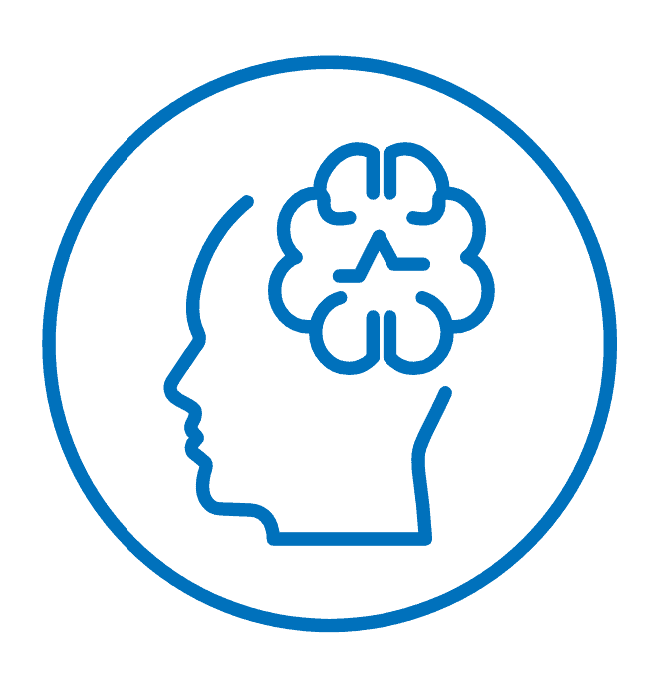
Immediate Symptoms
+ Headache
+ Dizziness or balance problems
+ Nausea or vomiting
+ Confusion or feeling dazed
+ Sensitivity to light and noise
+ Blurred vision
+ Memory loss surrounding the event
+ Loss of consciousness (even briefly)
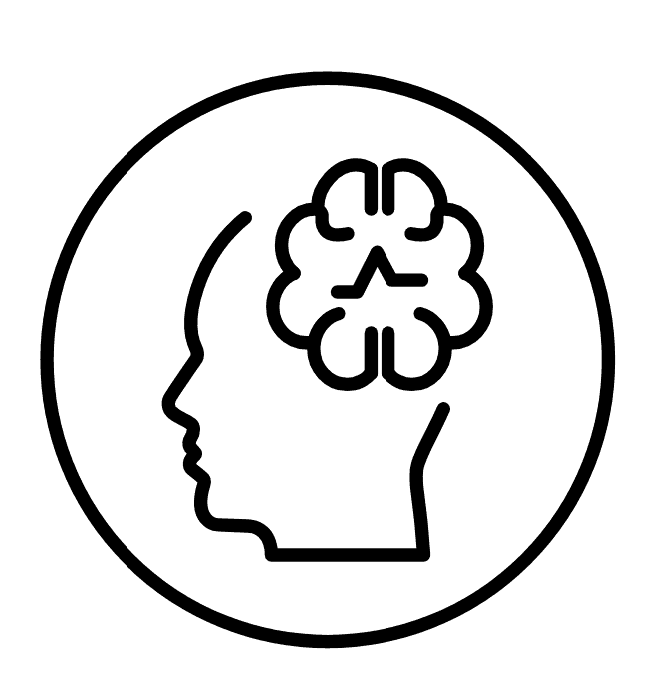
Delated Symptoms (weeks to months later)
+ Persistent headaches
+ Difficulty concentrating or remembering
+ Mood changes, such as irritability or depression
+ Sleep disturbances
+ Fatigue or lethargy
+ Sensitivity to light and noise
+ Ongoing dizziness or balance problems
+ Vision problems
Take your symptoms seriously.
Traumatic Brain Injury Management requires you to trust someone.
Trust us.
Schedule an evaluation and have the conversation.
Memory loss and difficulty with tasks once easy for you, is a vulnerable aspect of health, often causing delays in seeking treatment due to fear or judgment. You deserve a provider who understands the brain and memory and is committed to helping you stay in control without any judgment.
Establish a relationship with a brain injury specialist.
Just like you go to your primary care physician annually for a check-up, scheduling an annual comprehensive evaluation with a trained professional is highly recommended if you are concerned about the long-term impact of concussion or TBI. There are TBI treatments and conversations that can be conducted to help you remain in control of this area of your health.
Stay active and seek adventure!
One of the best things you can do for your brain is to remain physically active and seek new opportunities to learn.
Our Traumatic Brain Injury Therapists
Unlike many other occupational therapy teams who provide general treatments for a variety of conditions, the practitioners at Buffalo Occupational Therapy focus their attention only on neurological rehabilitation science to ensure the highest quality treatments for mild cognitive impairment, all forms of dementia, and neurological symptoms of traumatic brain injury, stroke, and other neurodegenerative conditions.
Michelle Eliason, MS, OTR/L
Owner, Cognitive Scientist,
Hannah DiFrancesco, COTA/L, NASM-CES
Clinic Manger, Lead Practitioner, Mentor
Adrianna Brown, MS, OTR/L
Occupational Therapist
Marti Greco, MS, OTR/L
Occupational Therapist
Brooke Kirisits, MS, OTR/L
Occupational Therapist
Concussion and TBI Treatments for all ages and stages.
We will meet with you, learn your story, read your medical history and diagnosis, and design a treatment or TBI-support path that meets your needs.
Mild Cognitive Impairment
Difficulty Concentrating
Difficulty Multi-tasking
Forgetting conversations
Mental Fatigue
We are A Full Spectrum Memory and Motor Practice
No two people experience mild cognitive impairment and dementia the same way – even if they are diagnosed at the same time and have the same age and sex. Dementia treatment requires specialized knowledge of the brain and cognitive processes that generalized services cannot offer. Buffalo Occupational Therapy practitioners only treat memory and motor changes related to neurological injury which allows us to design a specific path for each patient based on the current research-supported evidence.
Frequently Asked Questions
It’s completely normal to have questions, please contact us if you have a question that is not represented below.
What is cognitive therapy for concussion and TBI, and how does it work?
Cognitive therapy for dementia involves structured interventions aimed at maintaining or improving cognitive function through exercises and activities designed to stimulate the brain.
What are the goals of cognitive therapy in concussion and TBI treatment?
The goals include, but are not limited to, improving attention, multi-tasking, improving dual-tasking like walking while talking, preserving cognitive abilities, enhancing memory, improving problem-solving skills, and promoting independence in daily activities for individuals with dementia. All goals are tailored to each person’s diagnosis, abilities, and personal goals.
Who can benefit from cognitive therapy, and at what kind of brain injury is appropriate?
Individuals with concussion, mild TBI, moderate TBI, and severe TBI can benefit from cognitive therapy, as it can help slow cognitive decline and improve quality of life.
What techniques or strategies are used in cognitive therapy sessions?
Techniques may include memory exercises, problem-solving tasks, dual-tasking training (addressing movement, coordination, attention, and cognition at the same time), reality orientation, and reminiscence therapy. All dementia treatment techniques are tailored to the individual’s needs and abilities.
How often are cognitive therapy sessions typically scheduled?
Sessions are usually scheduled regularly, ranging from once a week to multiple times per week, depending on the individual’s needs and the program’s structure. Most research indicates intensive cognitive therapy (at least 2x weekly), followed by a maintenance period. This is the methodology we follow in our clinic.
Are cognitive therapy sessions tailored to each individual's needs?
Yes, cognitive therapy sessions are customized based on the individual’s specific cognitive strengths and weaknesses, as well as their preferences and goals. This is why cognitive therapy must be in one-on-one treatment sessions.
Can cognitive therapy help manage behavioral symptoms associated with dementia?
Yes, cognitive therapy can sometimes help manage behavioral symptoms by improving cognitive function and providing alternative coping strategies.
Are there any potential risks or side effects of cognitive therapy?
Cognitive therapy is generally considered safe, but it’s essential to work with a qualified therapist to ensure exercises are appropriate and tailored to the individual’s abilities.
How long does it take to see improvements from cognitive therapy?
The timeframe for seeing improvements can vary depending on the individual and the severity of their dementia, but some individuals may start to see benefits within a few weeks to months of starting therapy. Most of our patients feel more in-control after the initial evaluation knowing there are options!
How can caregivers or family members support someone undergoing cognitive therapy for dementia?
Caregivers can provide encouragement, assistance with exercises, and reinforcement of strategies learned in therapy to help support their loved ones’ progress.
Brain Fog
Brain fog feels like your brain is running through mud—it’s harder to think clearly, focus, or even find the right words in conversations. You might feel forgetful, struggle to concentrate, or take longer to process information. It’s not a medical term but a way to...
Alzheimer’s Disease Medications for Memory
Recent advancements in Alzheimer’s treatment have led to FDA approval of several new medications for Alzheimer’s Disease and mild cognitive impairment (MCI). These developments are the result of rigorous research and clinical trials aimed at improving the quality of life for those affected by these conditions. The newly approved medications offer hope for better management of symptoms and potentially slowing the progression of cognitive decline.
One of the key focuses of recent research has been on targeting the underlying mechanisms of Alzheimer’s, such as amyloid plaques and tau tangles. These innovative approaches have shown promise in clinical trials, leading to the approval of drugs that can more effectively address these core issues. Additionally, advancements in diagnostic tools have enabled earlier and more accurate detection of Alzheimer’s and MCI, allowing for timely intervention with these new treatments.
For healthcare professionals, caregivers, and patients, staying informed about these advancements is crucial. Our latest blog article provides a look at these new medications, their mechanisms of action, and the potential impact on patient care.
The Neurological Therapist – Interview your therapist
One crucial aspect of our practice is understanding the nuances between different treatment modalities and knowing when to apply each one effectively.
